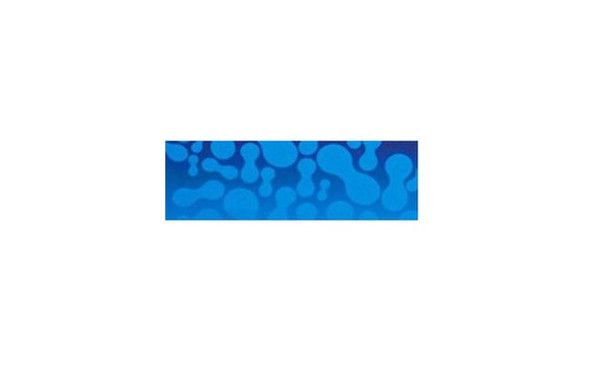Description
N/H/K-Ras Polyclonal Antibody | E-AB-70313 | Gentaur US, UK & Europe Disrtribition
Reactivity: Mouse, Rat
Host: Rabbit
Isotype: IgG
Application: WB
Research Area: Cancer, Epigenetics and Nuclear Signaling, Signal Transduction
Background: NRAS an N-ras oncogene encoding a membrane protein that shuttles between the Golgi apparatus and the plasma membrane. This shuttling is regulated through palmitoylation and depalmitoylation by the ZDHHC9-GOLGA7 complex. The encoded protein, which has intrinsic GTPase activity, is activated by a guanine nucleotide-exchange factor and inactivated by a GTPase activating protein. Mutations in this gene have been associated with somatic rectal cancer, follicular thyroid cancer, autoimmune lymphoproliferative syndrome, Noonan syndrome, and juvenile myelomonocytic leukemia. HRAS belongs to the Ras oncogene family, whose members are related to the transforming genes of mammalian sarcoma retroviruses. The products encoded by these genes function in signal transduction pathways. These proteins can bind GTP and GDP, and they have intrinsic GTPase activity. KRAS, a Kirsten ras oncogene homolog from the mammalian ras gene family, encodes a protein that is a member of the small GTPase superfamily. A single amino acid substitution is responsible for an activating mutation. The transforming protein that results is implicated in various malignancies, including lung adenocarcinoma, mucinous adenoma, ductal carcinoma of the pancreas and colorectal carcinoma.
Lead Time: 7~10 days
Concentration: 0.58 mg/mL
Storage: Store at -20°C. Avoid freeze / thaw cycles.
Immunogen: KLH conjugated Synthetic peptide corresponding to Mouse K-Ras
Buffer: PBS with 0.02% sodium azide, 1% BSA and 50% glycerol, pH7.4
Purification: Affinity purification
Dilution: WB 1:500-1:2000
Conjugation: Unconjugated
Calculated Molecular Weight: 21 kDa
Observed Molecular Weight: 21 kDa
Clonality: Polyclonal






